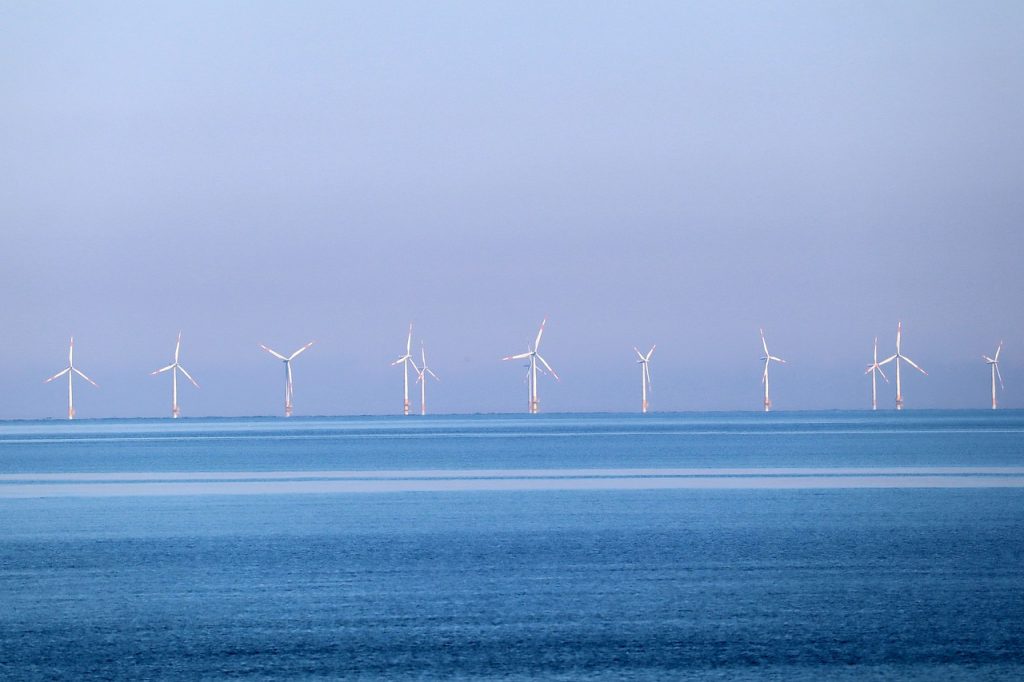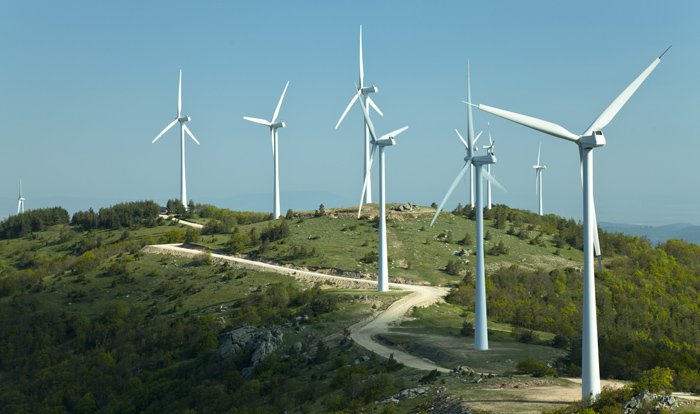The new targets of the national energy and climate plan (NECP) forecast a substantial increase in Renewable Energy Sources (RES), aiming for up to 87% in electricity production by the latter by 2030. The latest draft, presented by Dimitrios Kardomateas, president of the Center for Renewable Energy Sources (CRES), was revealed to members of a relevant NECP committee on Thursday, and is slated for submission to Brussels by June.
Additionally, RES development in heating and cooling aims for 52%, an increase from 46%. However, there’s a setback in transportation, with “green” energy penetration dropping to 26%, compared to the EU average of 29%. Energy-saving targets are also scaled back.
The plan targets a significant reduction in natural gas consumption, from 11.9 TWh to 5.6 TWh, but keeps gas-fired power production units almost unchanged, as well as overall gas consumption.
Furthermore, the Ministry of Environment and Energy plans to scale back ambitious targets for “green” hydrogen and biomethane post-2030, due to concerns about increased consumer costs, the CRES head.
2030 targets for Greece’s “power mix” lean towards more ambitious goals for onshore wind farms but less so for photovoltaic systems.
Notably, while the overall energy storage target remains consistent for 2030, it decreases for the subsequent period up to 2050, with pumped storage increasing and batteries decreasing.




